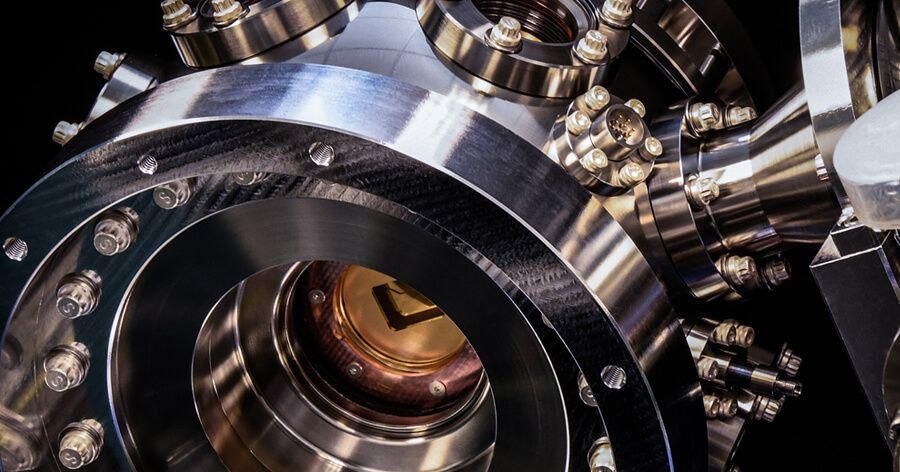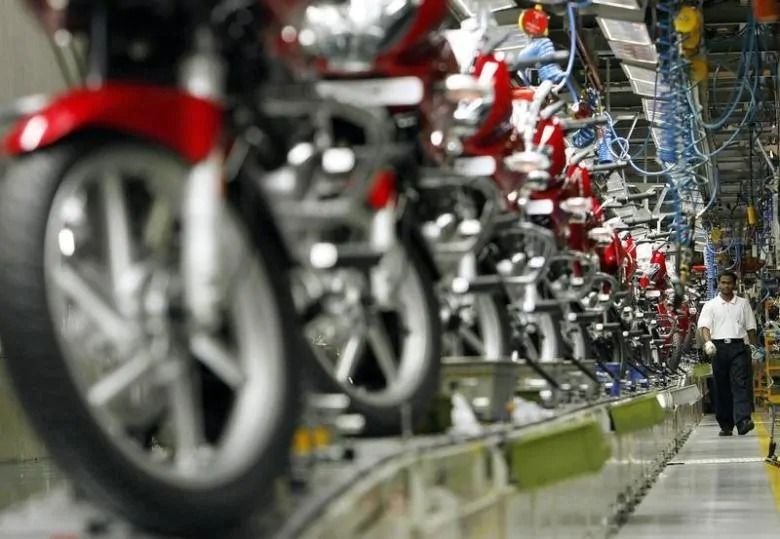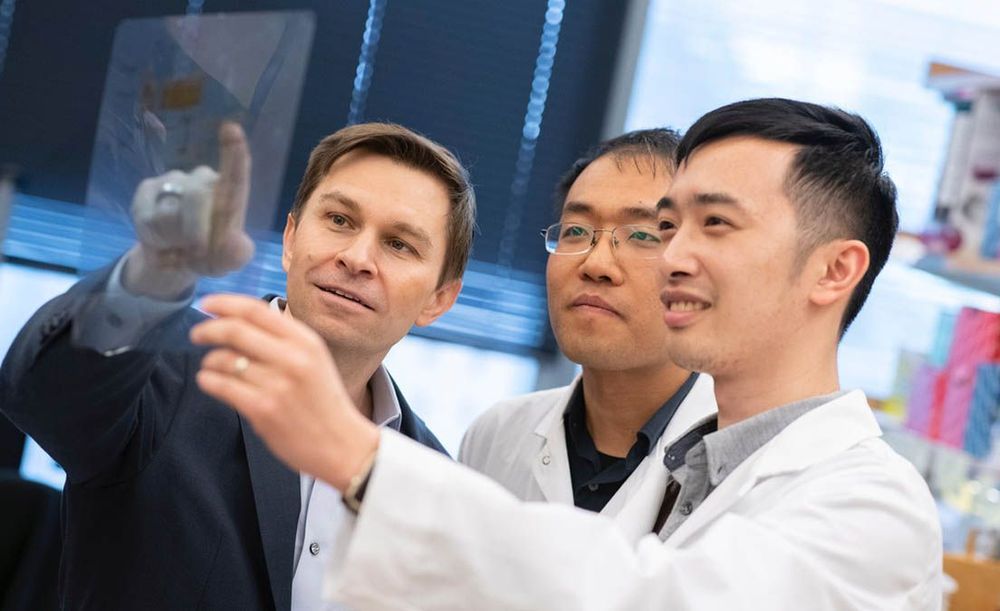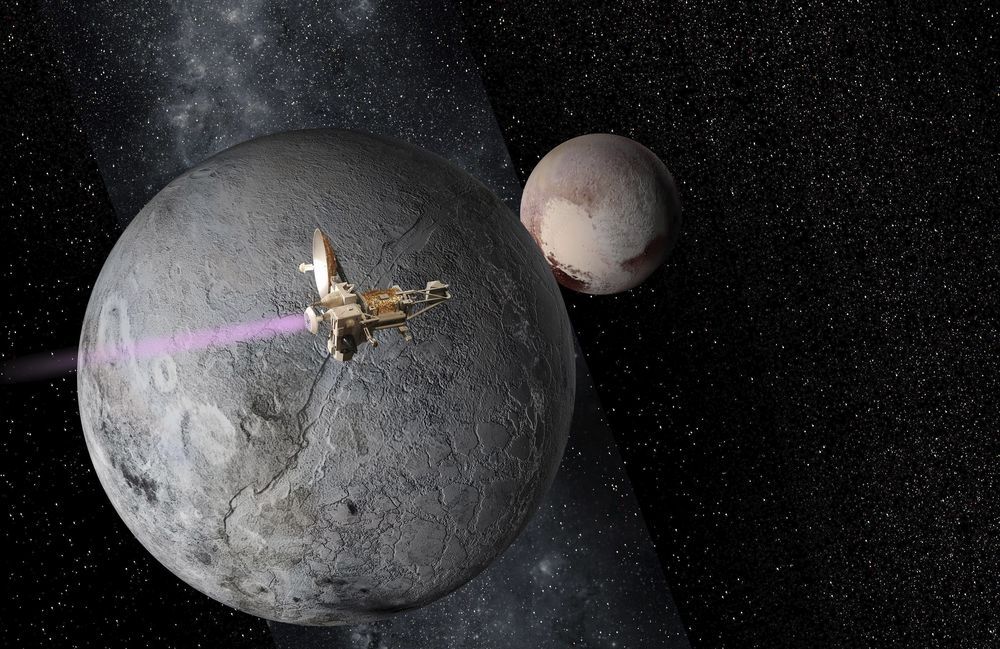Honeywell has been working toward this goal for the past decade when it began developing the technology to produce cryogenics and laser tools. In the past five years, the company assembled a team of more than 100 technologists entirely dedicated to building the machine, and in March, Honeywell announced it would be within three months — a goal it was able to meet even as the Covid-19 turned its workforce upside down and forced some employees to work remotely. “We had to completely redesign how we work in the facilities, had to limit who was coming on the site, and put in place physical barriers,” says Tony Uttley, president of Honeywell Quantum Solutions. “All of that happened at the same time we were planning on being on this race.”
The conglomerate said its machine had reached a Quantum Volume of 64, twice as powerful as IBM’s machine.







